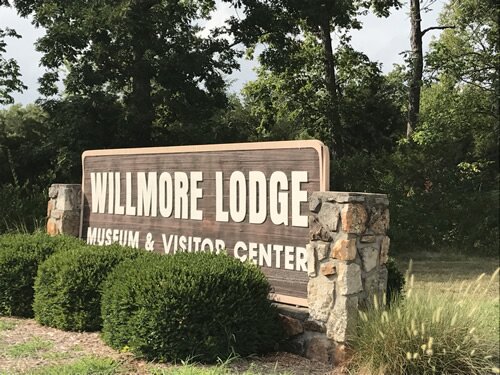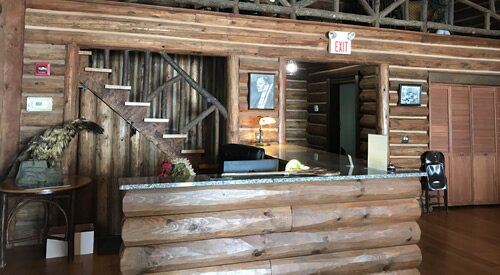
From Folklore to Facts: Ensuring Authenticity in Historical Writing
Historical writing often involves a complex interplay between preserving the rich narratives of regional history and ensuring factual accuracy. Regional histories and local folklore provide invaluable insights into a community's identity and values. Yet, they also present unique challenges for historians and writers committed to maintaining authenticity. It is essential to represent these stories accurately while avoiding misinterpretations or unintentional plagiarism. By conducting thorough research and adhering to ethical writing practices, historical writers can honor the cultural integrity of their subjects.
The Role of Folklore in Historical Narratives
Folklore is a significant part of cultural heritage, representing the beliefs, values, and experiences that shape a community's history. For historians and writers, weaving folklore into historical narratives responsibly involves distinguishing between verified facts and culturally significant storytelling. While legends, oral traditions, and local anecdotes enrich history, they can sometimes lead to narrative discrepancies. Writers must contextualize folklore without presenting it as historical fact, thereby preserving its cultural importance without misleading readers.
Avoiding Plagiarism in Historical Writing
Avoiding unintentional plagiarism is vital for ensuring authenticity in historical work. To maintain credibility, writers need to clearly cite sources, differentiate between their own research and existing accounts, and, whenever possible, verify stories with multiple sources. Using plagiarism detection tools like Plagcheck can help writers check their work for any unattributed content,thereby upholding both academic and cultural integrity.
Techniques for Verifying Authenticity
Ensuring authenticity in historical writing requires comprehensive verification methods. When dealing with folklore, cross-referencing stories with written records, cultural artifacts, and, where possible, interviews with community elders can help confirm details. In cases of conflicting information, documenting these variations adds valuable context, showing how the community's narrative has evolved. By combining rigorous research with cultural sensitivity, writers can produce a balanced narrative that honors both historical accuracy and regional heritage.
Striving for Ethical Historical Narratives
Ethics in historical writing go beyond plagiarism prevention. They involve respecting the origins of stories, engaging with communities when possible, and being transparent about narrative choices. This approach builds trust with readers and fosters relationships with the communities depicted, ensuring a responsible and respectful portrayal of their histories.
In transforming folklore into historical narrative, writers assume the role of cultural custodians. By verifying facts, embracing multiple perspectives, and vigilantly guarding against plagiarism, they contribute to a legacy that respects and preserves the authenticity of the past for future generations.
HISTORIC WILLMORE LODGE AT LAKE OF THE OZARKS
Copyright
. Willmore Lodge Foundation. All rights reserved.
Website design and hosting by MSW Interactive Designs LLC. We put the web to work for you!

